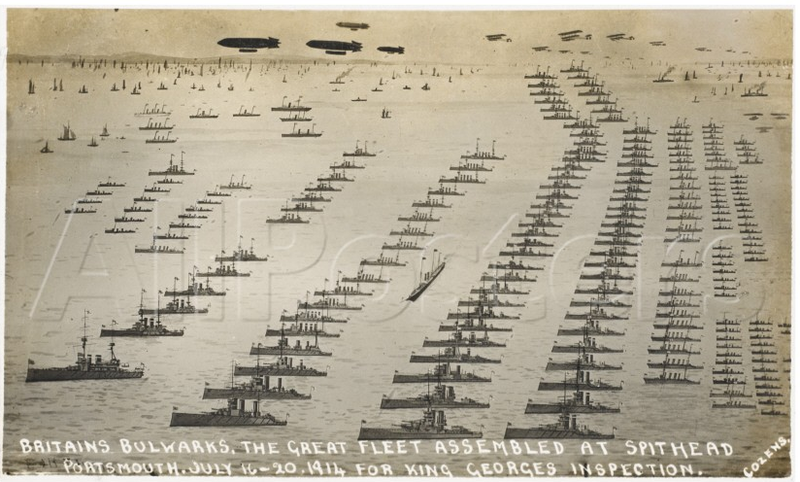

It was the principal naval dockyard for the British in North America for a good number of years. 3 Men of the British Navy were ever-present at Halifax. The 13th went to Quebec, while the 64th remained at Halifax. At Annapolis, there were two companies of the 99th." 2 On the first of June, transports under the protection of the Royal Navy came in from the West Indies, bringing in the 13th and 64th regiments. In May of 1813, the "garrison of Halifax consisted of six companies of the 98th foot, four companies of the 99th foot, and a detachment of artillery. On April 4th, 1813, in a letter to Bathurst, Sherbrooke reported that he has "made arrangements to bring the remainder of the 98th Reg't to Halifax, from which port they will depart for Canada as soon as the 64th shall arrive at Bermuda." 1 In 1813, during the coldest part of the year, the 104th Regiment of Foot (The New Brunswick Regiment) traveled overland up the frozen Saint John River in order to reenforce the Upper Canadian borders.


The concern throughout was for Upper Canada. The British during the war with the Americans had little concern about a possible American land attack against Nova Scotia. A state of war had existed from June, 1812 to December, 1814. Before the year was out, the hostilities between the British and the Americans also ended. During April, Paris was captured, Bonaparte abdicated and a convention was entered into for the cessation of hostilities. The allies crossed the Rhine and invaded France in the early months of 1814. In Europe, the long 23-year war with Napoleonic France was winding down. Part 5, "The War Of 1812: Eastern Theatre." TOC "Blockade Of The Chesapeake."īook #2: Settlement, Revolution & War.


 0 kommentar(er)
0 kommentar(er)
